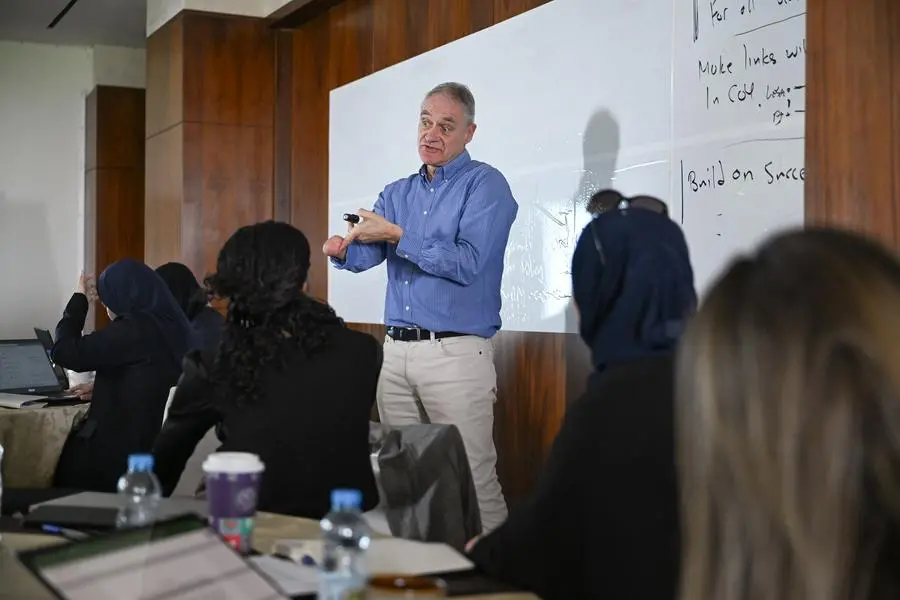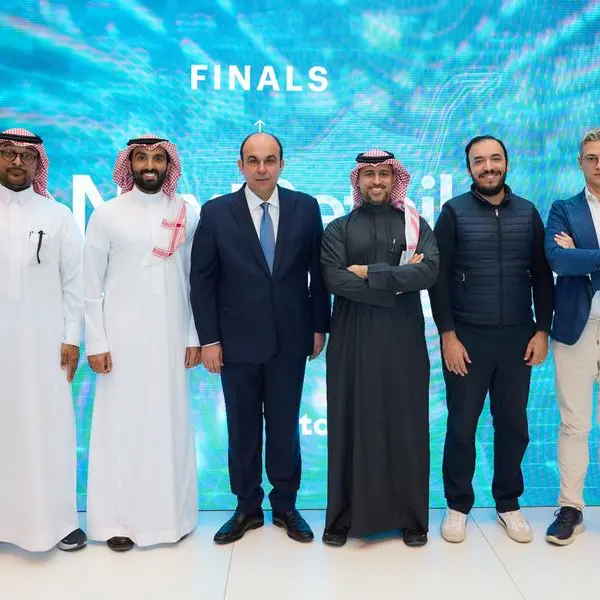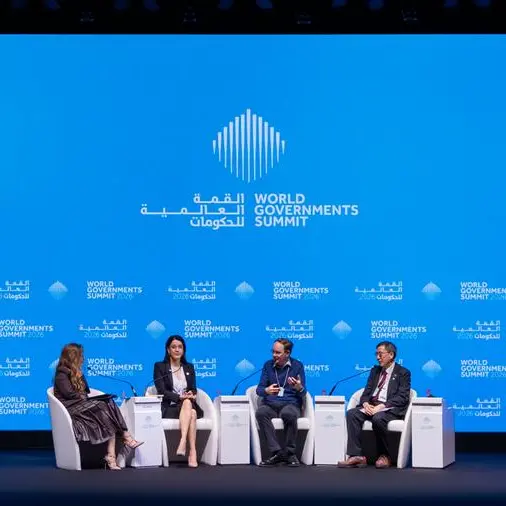PHOTO
Doha: Qatar Research, Development, and Innovation (QRDI) Council, in partnership with the Association of European Science and Technology Transfer Professionals (ASTP), has successfully concluded the third training session of the Mumaken IP and Technology Transfer program, Transacting Knowledge Transfer Agreements. The three-day course, held from February 4th to 6th, 2025, in Doha, brought together technology transfer professionals to enhance their skills in negotiating and managing knowledge transfer agreements, a crucial component of bridging the gap between academia and industry.
“We are proud to host these training sessions, as they help bridge the knowledge gap between research and industry while strengthening Qatar’s position as a global leader in innovation,” said Ms. Rosena Nhlabatsi, Senior Policy Expert (Intellectual Property), QRDI Council. “Training programs like Transacting Knowledge Transfer Agreements not only empower technology transfer professionals with the tools and insights they need to succeed but also play a crucial role in developing the RDI ecosystem here in Qatar. By equipping professionals with the right skills, we are helping to ensure that Qatar remains at the forefront of global innovation, driving economic growth and societal progress through various solutions.”
Dr. Jeff skinner MBA, PhD, RTTP, seasoned technology transfer consultant said, “It is both a great privilege and responsibility to be asked to provide such essential training for Qatar-based Technology Transfer colleagues. While Qatari universities and research institutes may have different strengths and priorities compared to those in Europe, there is much we share, including exceptionally bright faculty and researchers, and a strong determination to generate both local and global socioeconomic benefits from our research output. Whereas previous courses have focused on creating opportunities for collaboration and new venture creation, this course will center on the legal aspects of building robust relationships with research partners and investors. We will use a variety of real-world cases to illustrate the nuances and complexities involved in working with very early-stage technologies. As with all our training, this course is led by Technology Transfer professionals who bring decades of experience to the classroom.”
This session focused on two key types of agreements, collaboration and licensing agreements. These agreements are essential for the commercialisation of research, where universities offer their research expertise and technology in exchange for financial returns. The training provided in-depth insights into the complexities of these agreements and offered real-world case studies to help participants navigate the challenges that often arise in academic-to-business transactions.
Throughout the program, participants learned how to handle collaboration agreements, including material transfer, consultancy, and research collaborations, and explored licensing agreements concerning patents, know-how, and data. The course directors, Sigmar Lampe and Jeff Skinner, both seasoned experts with extensive experience in technology transfer, guided participants through various negotiation strategies and offered practical advice for managing these transactions.
The course also provided a deep dive into the unique nature of university-industry collaborations, emphasizing how technology transfer professionals can protect both academic and business interests while ensuring fair financial returns for all parties. Participants discussed key negotiation tactics and the challenges of balancing the interests of researchers, universities, and commercial partners.
The Transacting Knowledge Transfer Agreements training program is part of QRDI Council’s ongoing efforts to empower professionals in Qatar and the region, positioning them to successfully manage the commercialisation of research and innovation. As Qatar continues to build its research, development, and innovation (RDI) ecosystem, programs like these play an important role in fostering stronger collaborations between research institutions and industry.
-Ends-
About QRDI Council
QRDI Council is a government entity with the mission to support research, development and innovation (RDI) activities as well as to develop RDI talent in Qatar. The Council strives to make Qatar a top destination for global talent and a pioneering research, innovation, and development hub with its motto “locally empowered, globally connected”. Playing a pivotal role within the Qatar National Development Strategy, the QRDI Council is actively shaping the Innovation component of the Economic Diversification goal. The Council’s commitment underlines its unwavering dedication to the Qatar National Vision 2030. QRDI Council aims to make Qatar a global innovation hub and a top choice for R&D centers worldwide, seeing RDI as vital for Qatar's growth and prosperity. To delve deeper into QRDI Council's endeavors and vision:
Website: www.qrdi.org.qa
Stay Connected: Engage with the QRDI Council on various social media channels to stay updated on the Council’s latest activities and achievements.
Follow QRDI on - Instagram - LinkedIn - X - YouTube - : Facebook
About ASTP
ASTP is the pan-European non-profit members’ association of professionals involved in knowledge transfer among universities and industry. Established in 2000 by a group of leading practitioners across Europe, ASTP’s focus is to further improve the quality of impact that public research has on the economy and society through training, networking and advocacy. Its community comprises over 1,600 knowledge transfer professionals from 44 countries, across 4 continents drawn from universities, research centres, hospitals and industry.




















